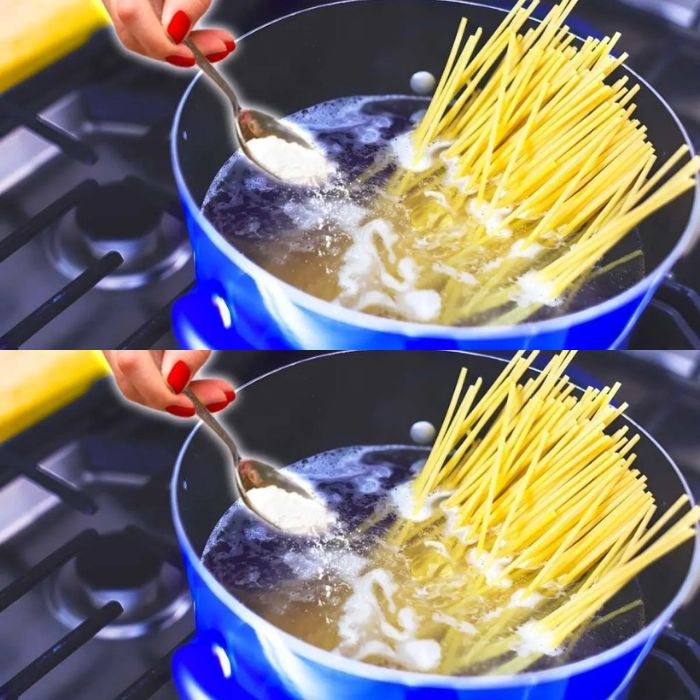ADVERTISEMENT
Finally, in terms of cooking, opinions are quite mixed on the subject. While some believe that a broth of spices in water will have minimal or non-existent effects, other chefs believe that using salt has some significant advantages. In particular, by preventing our pasta from being too sticky. Nothing is more unpleasant than having spaghetti on the plate with a pasty texture that is difficult to remove. Precisely, salt would have the ability to reduce the gelatinization phenomenon of starch.
And what about the taste? Would salt make our pasta taste good? Apparently yes. It is still necessary to dip the pinch of salt at the beginning of cooking. According to specialists, salt water will penetrate the pasta evenly and give it that touch of flavor that they lack. But be careful, be very light-handed, because if you plan to put salt in the sauce, you may have a dish that is too salty and inedible!
Cooking pasta: some common mistakes to avoid making
Cooking pasta
· Not respecting the cooking time indicated by the manufacturer
Almost all of us tend to cook our pasta blindly. And, admit that it is always random: sometimes al dente, sometimes overcooked. However, it will only take you a few seconds to check the optimal cooking time indicated on the packaging. To avoid unpleasant surprises, we strongly recommend that you follow the manufacturer’s instructions. Please note that cooking time should be measured from the moment the water starts to boil.
· Use too little water or an unsuitable pot
When cooking spaghetti, you should use about 1 litre of water for every 100g of pasta. That is, the pan should be large enough to hold them and prevent them from sticking together. Reminder: insert your pasta only at the moment of boiling.
Read also: Julie Andrieux’s trick to make delicious pasta without boiling it in water
· Add oil so that pasta doesn’t stick
Another popular belief: you have to pour a little oil into the cooking water to prevent pasta from sticking. Again, this is a common misconception. The oil stays on the surface and does not stick to the pasta. Since salt already plays this role, as noted above, there is no need to waste it. Another tip
ADVERTISEMENT
